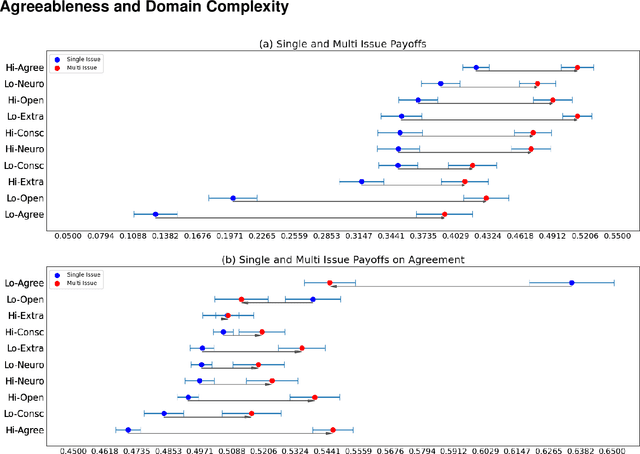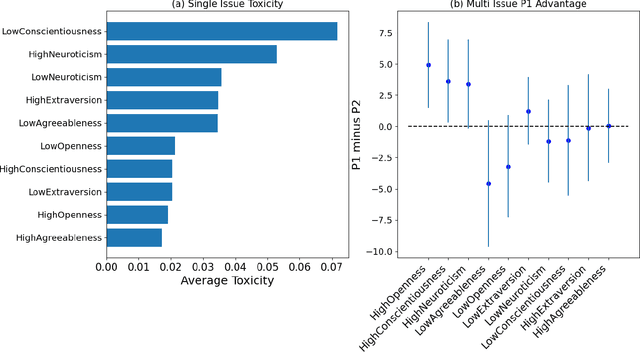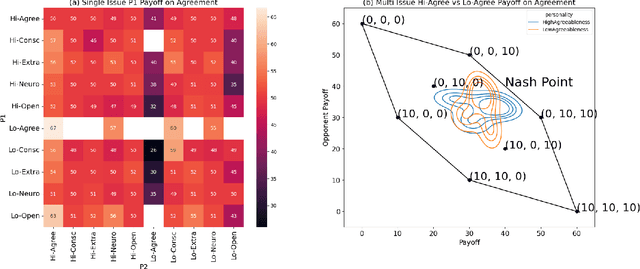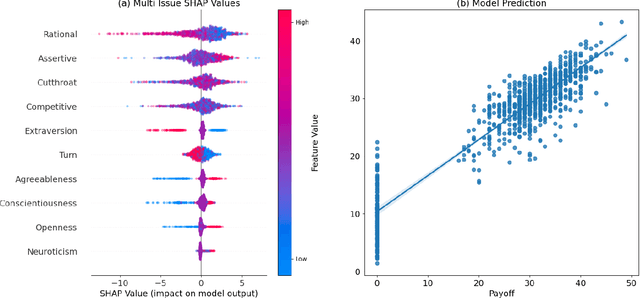Sean Noh
Generative Memesis: AI Mediates Political Memes in the 2024 USA Presidential Election
Nov 01, 2024



Abstract:Visual content on social media has become increasingly influential in shaping political discourse and civic engagement. Using a dataset of 239,526 Instagram images, deep learning, and LLM-based workflows, we examine the impact of different content types on user engagement during the 2024 US presidential Elections, with a focus on synthetic visuals. Results show while synthetic content may not increase engagement alone, it mediates how political information is created through highly effective, often absurd, political memes. We define the notion of generative memesis, where memes are no longer shared person-to-person but mediated by AI through customized, generated images. We also find partisan divergences: Democrats use AI for in-group support whereas Republicans use it for out-group attacks. Non-traditional, left-leaning outlets are the primary creators of political memes; emphasis on different topics largely follows issue ownership.
LLMs with Personalities in Multi-issue Negotiation Games
May 08, 2024



Abstract:Powered by large language models (LLMs), AI agents have become capable of many human tasks. Using the most canonical definitions of the Big Five personality, we measure the ability of LLMs to negotiate within a game-theoretical framework, as well as methodological challenges to measuring notions of fairness and risk. Simulations (n=1,500) for both single-issue and multi-issue negotiation reveal increase in domain complexity with asymmetric issue valuations improve agreement rates but decrease surplus from aggressive negotiation. Through gradient-boosted regression and Shapley explainers, we find high openness, conscientiousness, and neuroticism are associated with fair tendencies; low agreeableness and low openness are associated with rational tendencies. Low conscientiousness is associated with high toxicity. These results indicate that LLMs may have built-in guardrails that default to fair behavior, but can be "jail broken" to exploit agreeable opponents. We also offer pragmatic insight in how negotiation bots can be designed, and a framework of assessing negotiation behavior based on game theory and computational social science.
 Add to Chrome
Add to Chrome Add to Firefox
Add to Firefox Add to Edge
Add to Edge